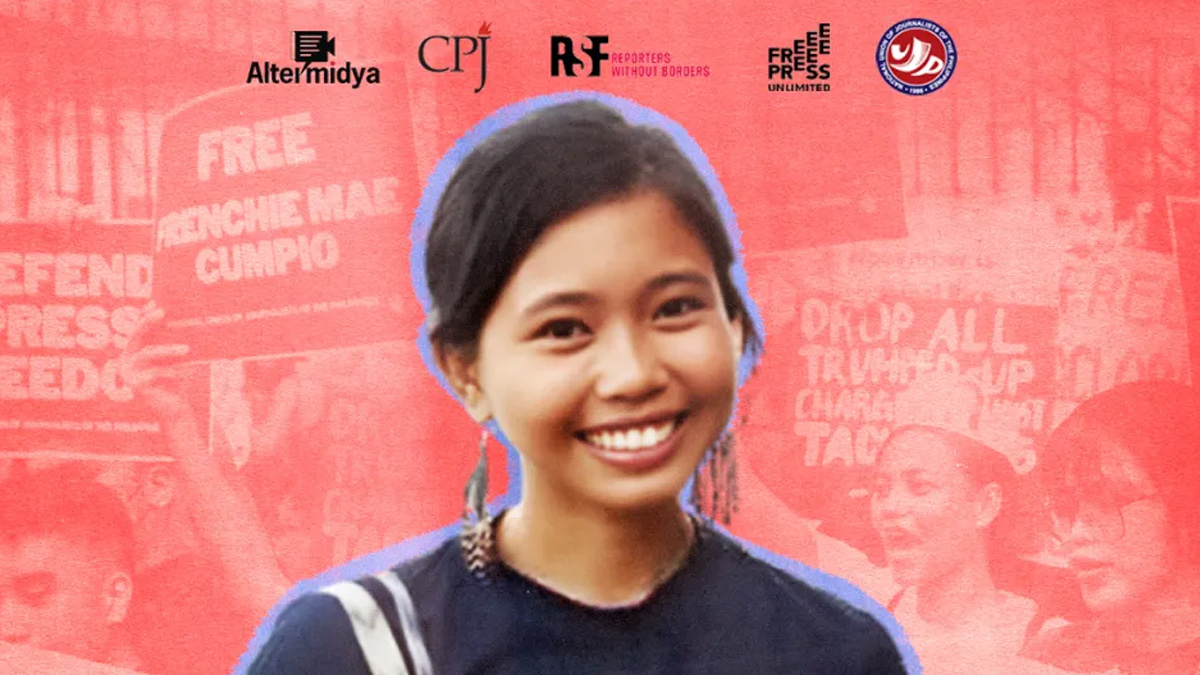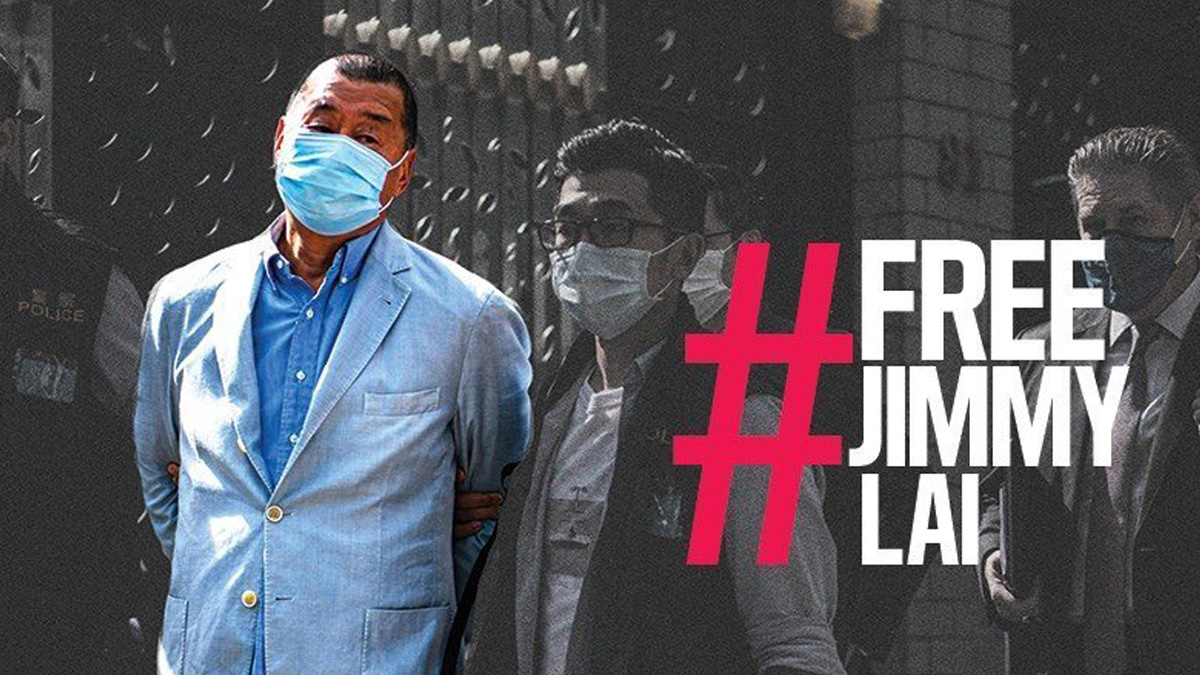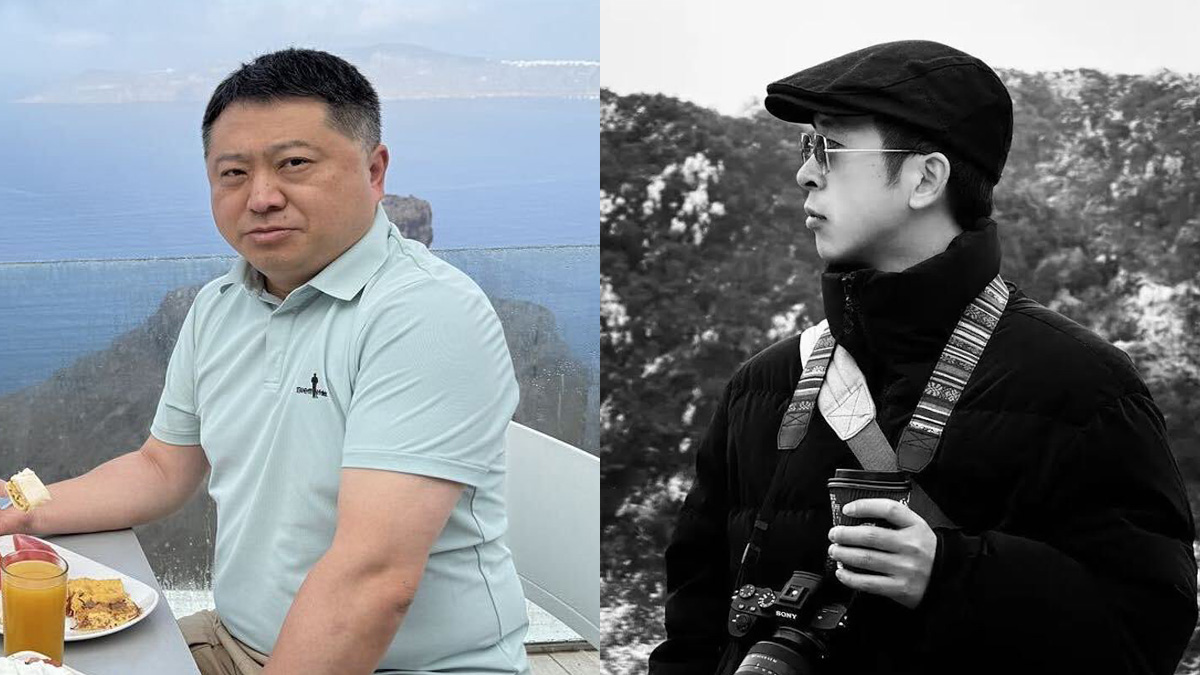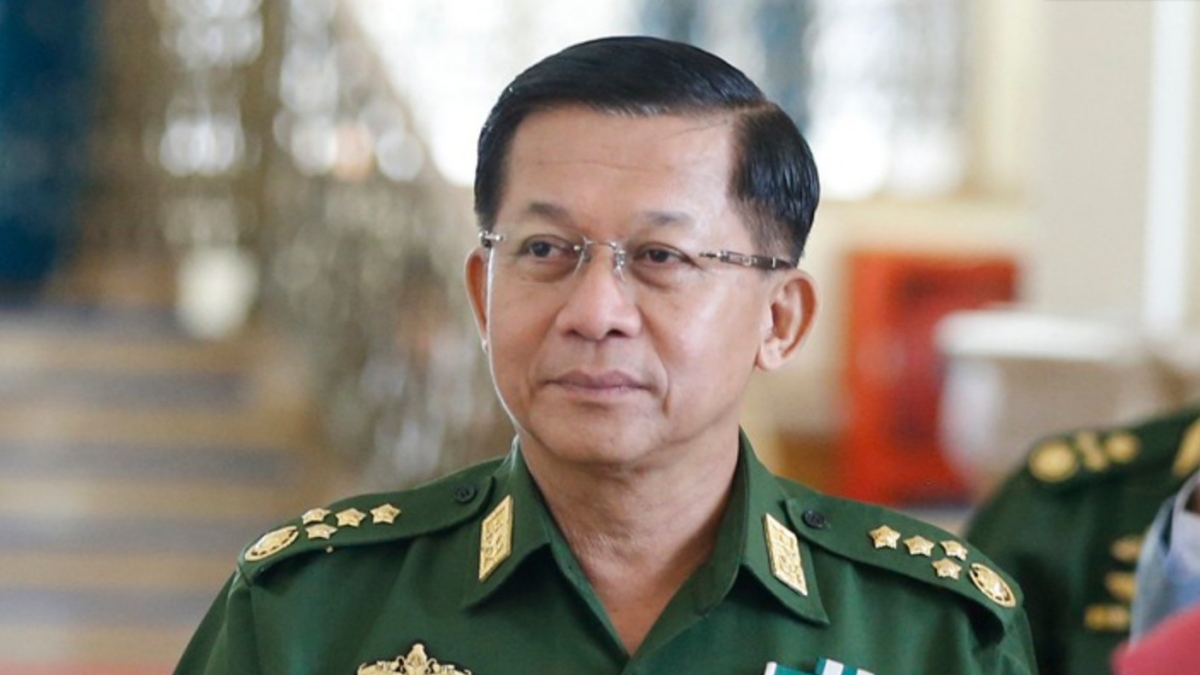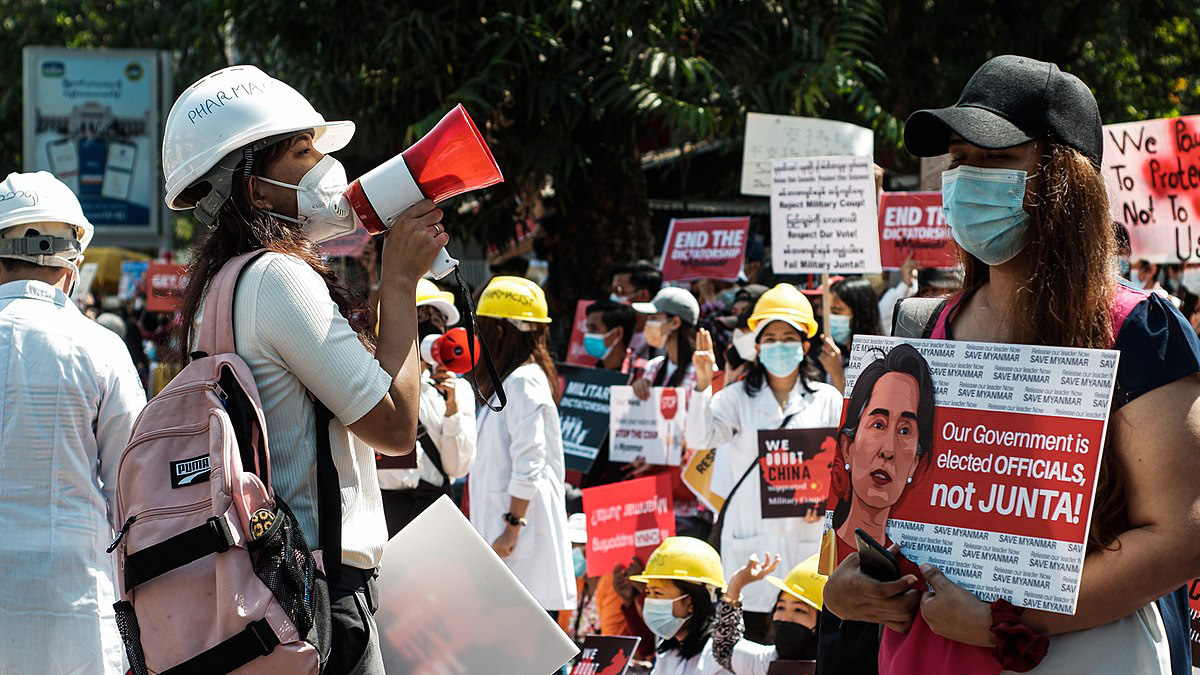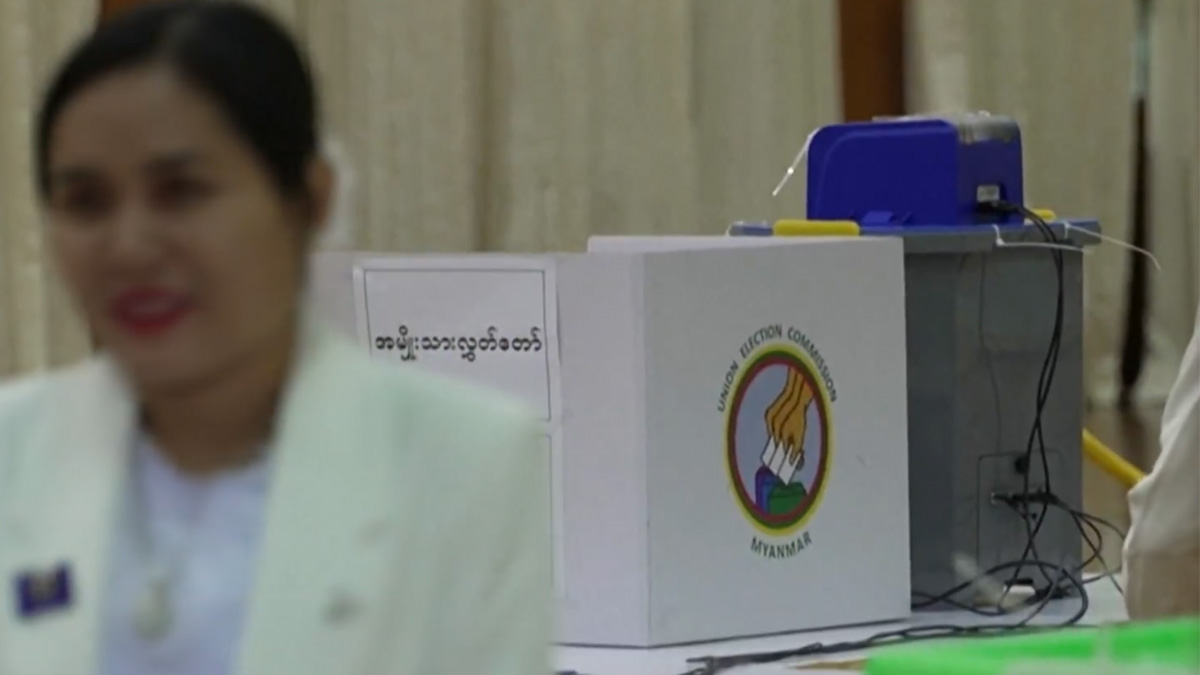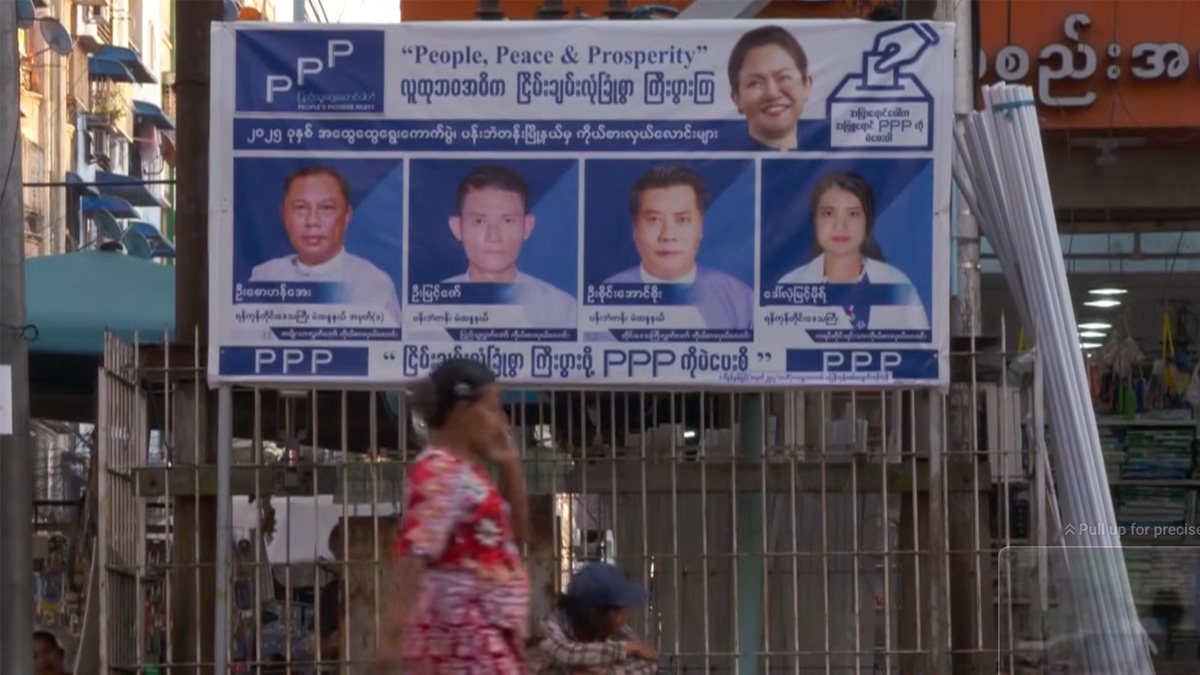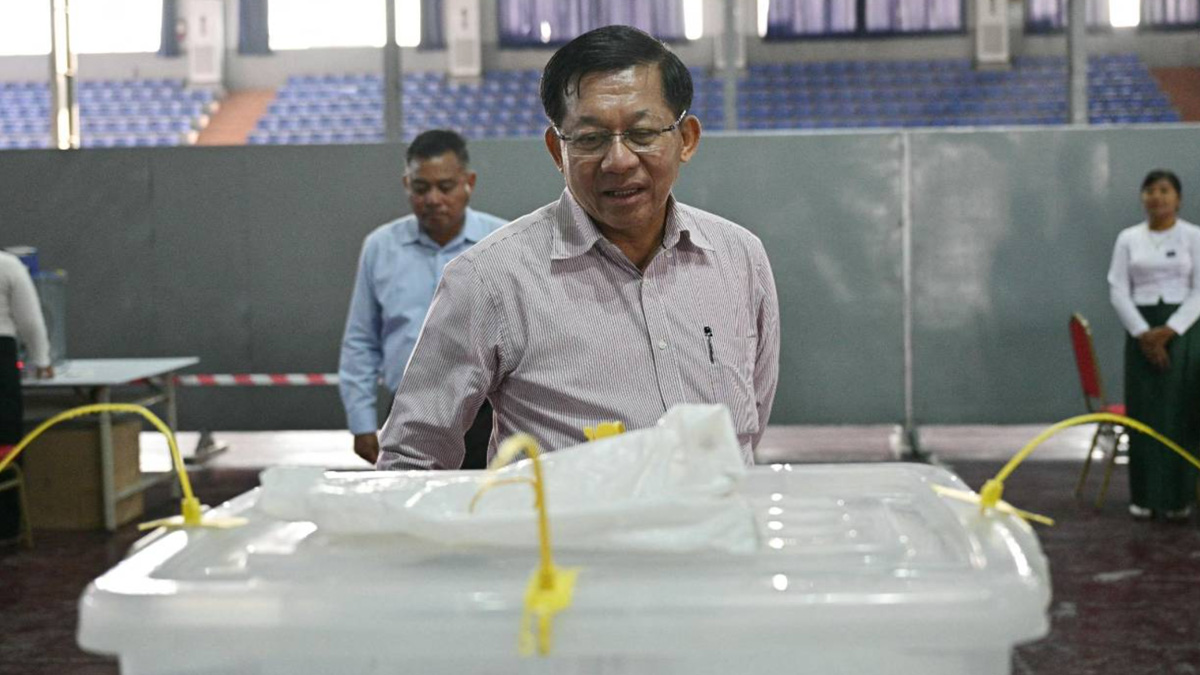Myanmar junta tightens grip on election coverage under guise of media openness
Myanmar's junta says it will allow media coverage of its upcoming elections – but press freedom groups warn it's a smokescreen. With 51 journalists still jailed and harsh new laws in place, critics say this is about control, not transparency.

- Myanmar's military regime claims to permit media coverage of the upcoming elections but imposes strict conditions and punitive laws.
- At least 51 journalists remain imprisoned, with media outlets forced into exile or shut down.
- Critics say the junta’s move is a tactic to legitimise censorship and control narratives ahead of a widely discredited vote.
In a move widely condemned by press freedom advocates, Myanmar’s ruling junta has announced that media organisations will be “authorised” to cover the general elections planned between December 2025 and January 2026.
Despite claims of increased openness, the decision arrives amid continued, widespread repression of journalists and independent media under military rule.
Media “access” under military control
The announcement includes a requirement for local and foreign media to obtain official accreditation. Military officials have not clarified the standards for approval, raising concerns over selective access and potential censorship.
Compounding these fears is a law adopted in July 2025 on “election interference.” The law carries harsh prison sentences for those accused of disseminating information intended to “destroy a part of the electoral process.” The vagueness of this phrasing has alarmed observers.
Toe Zaw Latt, secretary of the Independent Press Council Myanmar (IPCM), condemned the legislation, calling it a tool “designed to intimidate journalists, to make them afraid to criticise or report freely.”
Crackdown on press intensifies post-coup
Since the military coup of 1 February 2021, Myanmar’s independent press has all but vanished under a sustained campaign of repression. According to Reporters Without Borders (RSF), more than 60 news outlets have been forced into exile—many relocating to Thailand.
At present, 51 journalists remain imprisoned. Many have faced torture, including beatings, sexual violence, sleep deprivation and food deprivation, according to testimonies documented by RSF.
Fifteen media licences have been arbitrarily revoked. Others continue to operate in secrecy, facing serious personal and professional risks. Internet blackouts, another tool of state control, have disrupted communications and created “information black holes” in various regions.
Cédric Alviani, RSF’s Asia-Pacific Bureau Director, denounced the junta’s latest move as “a tactic to legitimise new restrictions.” He stated,
“By pretending to allow media coverage while having repressed journalists for more than four years, Myanmar’s junta is exposing the depth of its hypocrisy. No one is fooled.”
He further urged authorities to immediately release all detained journalists, lift restrictions, and allow genuine international press access.
International condemnation
The junta’s planned elections are widely dismissed as illegitimate. UN Special Rapporteur Tom Andrews and other international experts have labelled the process a “fraud,” citing the absence of democratic safeguards and ongoing suppression of the opposition.
Myanmar currently ranks 169th out of 180 countries on the 2025 RSF World Press Freedom Index, making it one of the most repressive environments for journalism worldwide. It is also the second-largest jailer of journalists, trailing only China.
Seven journalists and press freedom defenders have reportedly been executed since the coup. Over 200 journalists have been detained at various points, with at least 51 still behind bars.
RSF’s Myanmar Press Freedom Project
In response to these conditions, RSF has launched the Myanmar Press Freedom Project. The initiative offers emergency support to journalists, including around 300 exiled media workers in Thailand and others still operating covertly within Myanmar.
The project aims to preserve the flow of independent information from the country and ensure that journalists under threat receive legal, financial and psychological assistance.
No credible path to transparency
Though the junta’s statement on media coverage may appear to signal reform, observers and rights groups argue it is part of a broader effort to engineer legitimacy for a tightly controlled electoral process.
With state power entrenched, opposition crushed, and journalistic freedom under siege, meaningful transparency remains out of reach in Myanmar’s political landscape.
Unless structural reforms are undertaken—including the release of jailed journalists, repeal of restrictive laws, and reinstatement of independent media—Myanmar’s 2025–2026 elections will proceed under conditions devoid of democratic integrity.


